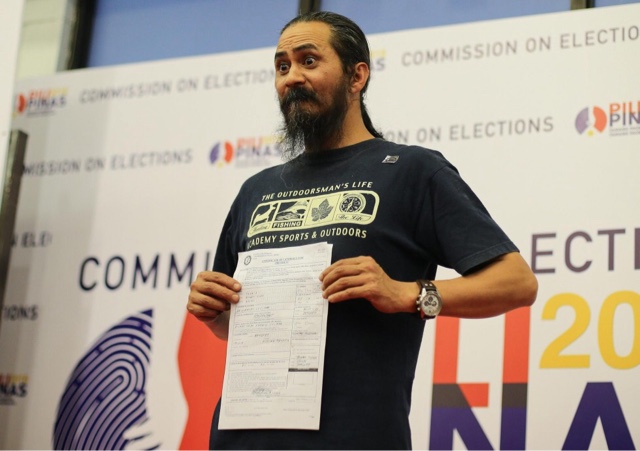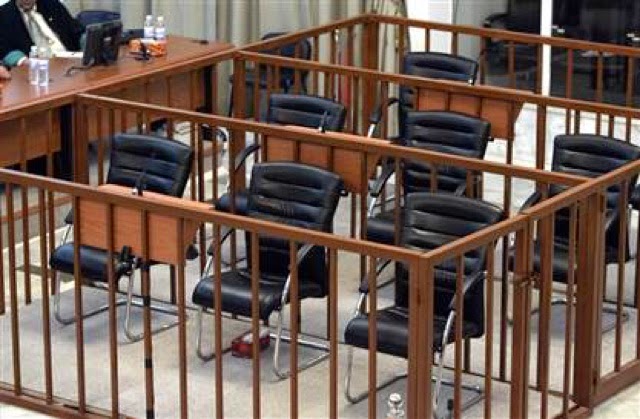A Consultative Committee to Review the 1987 Constitution Was Created
Because there is a need to review the 1987 Philippine Constitution to ensure that it is truly reflective of the needs, ideals, and aspirations of the Filipino people, and to ensure that the mandate of the people, as expressed thereon, is responsive to the changing times, Philippine President Rodrigo Roa Duterte signed an Executive Order No. 10 on December 7, 2016 creating a Consultative Committee under the Office of the President which shall take effect immediately. Courtesy of Rex e-Store The Consultative Committee shall study, conduct consultations, and review the provisions of the 1987 Constitution including, but not limited to, the provisions on the structure and powers of the government, local governance, and economic policies. The Committee shall be composed of not more than twenty-five (25) members, including a Chairperson who shall preside over its deliberations. The members shall, as far as practicable, represent the different sectors of the country...



